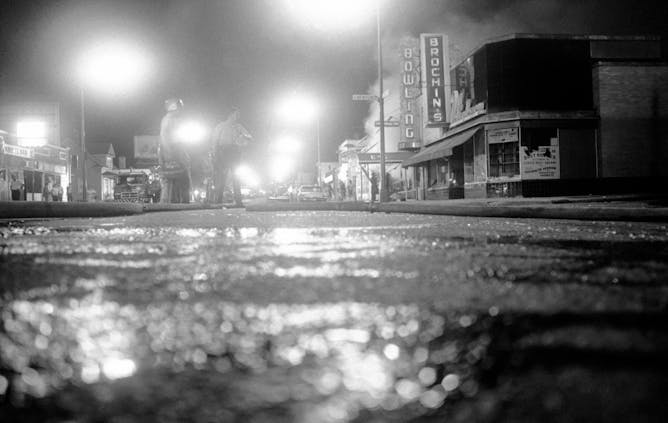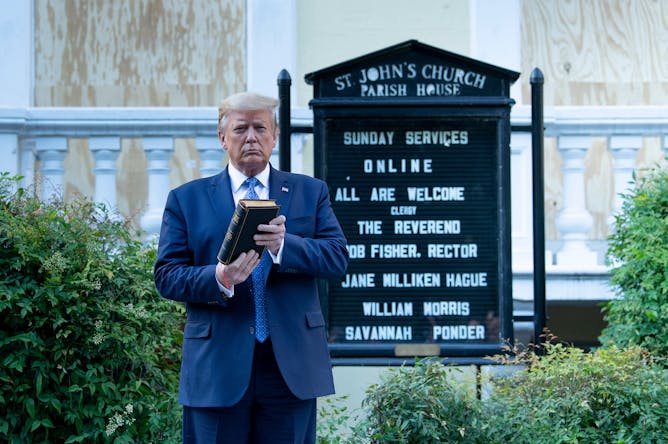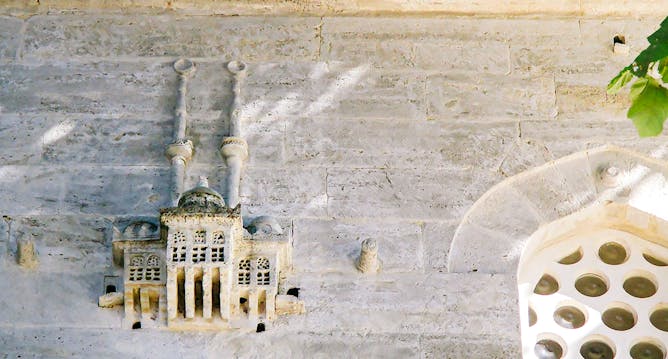|
The protests and unrest that Americans are witnessing in all 50 states began with eight minutes and 46 seconds in a city that prides itself on progressiveness. It’s also a place I know well: Minneapolis. I lived there for five years while studying journalism and philosophy at the University of Minnesota.
The scenes of confrontation between protesters and the police in front of burning stores I once shopped at seem unrecognizable to me. But then again, I lived there as a young white man and was far removed from the experiences of George Floyd and others like him. The possibility that anyone — let alone myself — might find his neck under the crushing knee of a police officer never occurred to me. Had I better known the city’s black history, it might have.
One thing I didn’t realize is that during the “long, hot summer” of 1967, black residents of Minneapolis staged a small uprising over another incident of police brutality. As Rashad Shabazz, a human geographer at Arizona State University, explains, the National Guard was called in. In looking for answers to what happened, city officials missed an opportunity to heal, planting the seeds of what led to Floyd’s death and today’s turmoil.
This week we also liked articles about autocratic leaders who use religion as a political tool, some positive changes many families are experiencing around the dinner table and the far-right groups out to hijack protests against racist policing.
|

Police stand guard on Plymouth Avenue as firemen battle fires on July 21, 1967.
AP Photo/Robert Walsh
Rashad Shabazz, Arizona State University
After a riot broke out in 1967, Minneapolis officials squandered an opportunity to address the structural racism that led to George Floyd's death and a wave of unrest across the country.
|

Donald Trump poses with Bible at a moment of national crisis.
Brendan Smialowski/AFP via Getty Images
Laura R. Olson, Clemson University
In appearing with Bible in hand at the time of crisis, Trump is signaling his position as defender of traditional, while 'othering' detractors. Russia's Putin and India's Modi have done similar.
|

In some households, children have been learning to cook and bake while parents are home during the pandemic.
Catherine Delahaye via Getty Images
Stephanie Meyers, Boston University
A nutritionist shares five habits becoming more common during the pandemic that she hopes will continue. Eating family meals together is just the start.
|
|
|
-
Matthew Valasik, Louisiana State University ; Shannon Reid, University of North Carolina – Charlotte
They're not really protesting – they're hoping to find an opportunity to spark violence and trigger a war between black and white Americans.
-
Collin A. Webster, University of South Carolina
Youth physical inactivity was already a problem before COVID-19, but it doesn't have to stay that way.
-
Maurizio Valsania, Università di Torino
A biographer of George Washington says that the father of the country would have no problem wearing the kind of protective gear that President Trump shuns.
|
|

A bird house on an exterior wall of the Yeni Valide mosque in Istanbul.
Christiane Gruber / Anurag Papolu
Anurag Papolu, The Conversation
The mosque is where men and women and children go to pray. But, according to art historian Christiane Gruber, some make room for other, non-human creatures too.
|